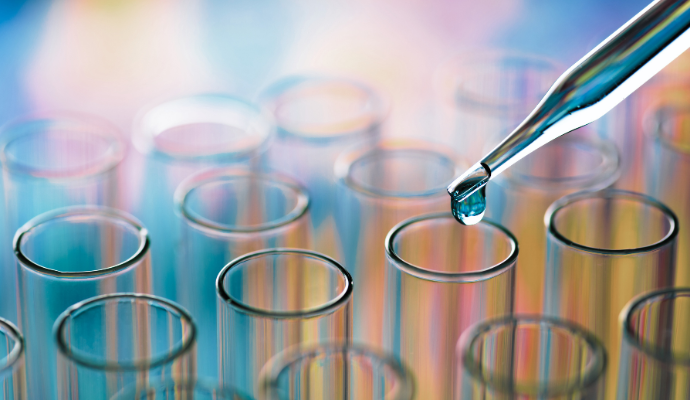Nektar Sues Eli Lilly for Incorrect Clinical Trial Results
The immunology firm is suing its big pharma partner after clinical trial data failed to fully demonstrate the positive impact of an atopic dermatitis drug.

Source: Getty Images
- On Monday, Nektar Therapeutics released a scathing public statement that accused its former partner, Eli Lilly, of miscalculating and sharing clinical trial results that underrepresented the effectiveness of rezpegaldesleukin, the company's experimental atopic dermatitis treatment. Lilly confirmed the statistical errors, and now Nektar has filed a lawsuit with the US District Court for the Northern District of California, seeking compensatory and punitive damages from Lilly for breach of contract and other wrongdoing.
Corrected data published Monday showed that the highest dose of rezpegaldesleukin (REZPEG) resulted in a mean Eczema Area and Severity Index (EASI) score improvement of 83%. The data differs from information shared by Lilly at the European Academy of Dermatology and Venereology Congress in 2022, which found a score improvement of just 66%. Updated efficacy endpoints also showed an EASI-75 response rate of 41% compared to 29% in Eli Lilly’s data.
"These corrected data importantly demonstrate that REZPEG, a novel, differentiated T regulatory cell mechanism, holds great promise for treating patients with atopic dermatitis," said Howard W. Robin, President & CEO of Nektar Therapeutics. "The data further reinforce the importance of Nektar's renewed strategic focus on advancing REZPEG into a robust Phase 2b study in biologic-naïve patients with moderate to severe atopic dermatitis by October of this year."
The news of the lawsuit and corrected data came one day before Nektar released its Q2 earnings, showing a drop in revenue and R&D spending.
Lilly terminated its partnership with Nektar and returned the rights of REZPEG to the company in April 2023 after its systemic lupus erythematosus trial failed to produce meaningful results in a clinical trial. The Phase 2 study conducted in 2022 found a 39.7% discontinuation rate with a 1,800 microgram dose, which may have contributed to concerns about higher doses of the drug.
Under the terms of the original agreement, Nektar received $150 million and was eligible for $250 million in additional payments if it met development and regulatory milestones.
The termination of the partnership was a massive loss for Nektar, which was forced into a restructuring plan that resulted in 60% of the company’s San Francisco workforce being laid off and a shakeup of the leadership team. The layoffs come in the wake of an earlier restructuring that saw Nektar cut 70% of its workforce to ensure three years of working capital.
Nektar’s partnership with Eli Lilly broke down just months after the company’s multi-billion-dollar deal with Bristol Myers Squibb (BMS) failed to produce a successful immuno-oncology candidate. After two late-stage clinical trials were discontinued, BMS and Nektar ended their clinical development program. In the trials, Nektar’s bempegaldesleukin and Opdivo were combined to treat renal cell carcinoma and bladder cancer. Both studies were unblinded when an independent review found no statistically significant results associated with the treatment.
Success for the company is now contingent on positive trial results of two therapeutic agents.
"With new and corrected strong clinical data for REZPEG, we look forward to initiating a Phase 2b study of REZPEG in patients with atopic dermatitis and achieving our objective to have initial data from this study in the first half of 2025," said Howard W. Robin, President, and CEO of Nektar. "We also are working to advance our next pipeline candidates in immunology with an IND filing in 2024. And finally, we are continuing our Phase 2 studies of NKTR-255 in liquid and solid tumors as we evaluate strategic partnership pathways."
NKTR-255 is a novel polymer-conjugated human IL-15 that operates by helping natural killer cells attack tumors. Current research on the product conducted by the Dana Farber Institute found that NKTR-255 enhances antitumor responses against multiple myeloma and synergizes with daratumumab to reduce cancer growth in mouse models. The product is under multiple clinical trials to assess its efficacy for several types of cancer.
While Nektar has lashed out at Lilly after the partnership ended, the big pharma company has reached new heights. This month Lilly became the most valuable healthcare company by market cap after releasing positive news about the weight loss drug Mounjaro and Alzheimer’s drug donanemab.
